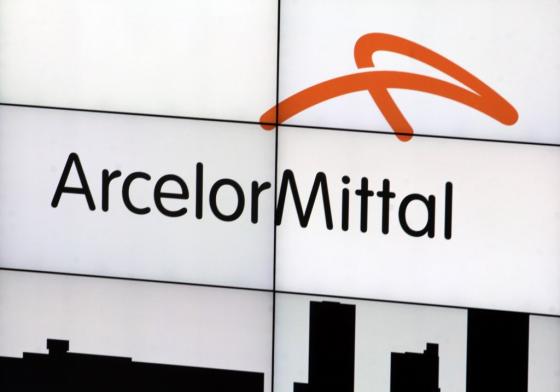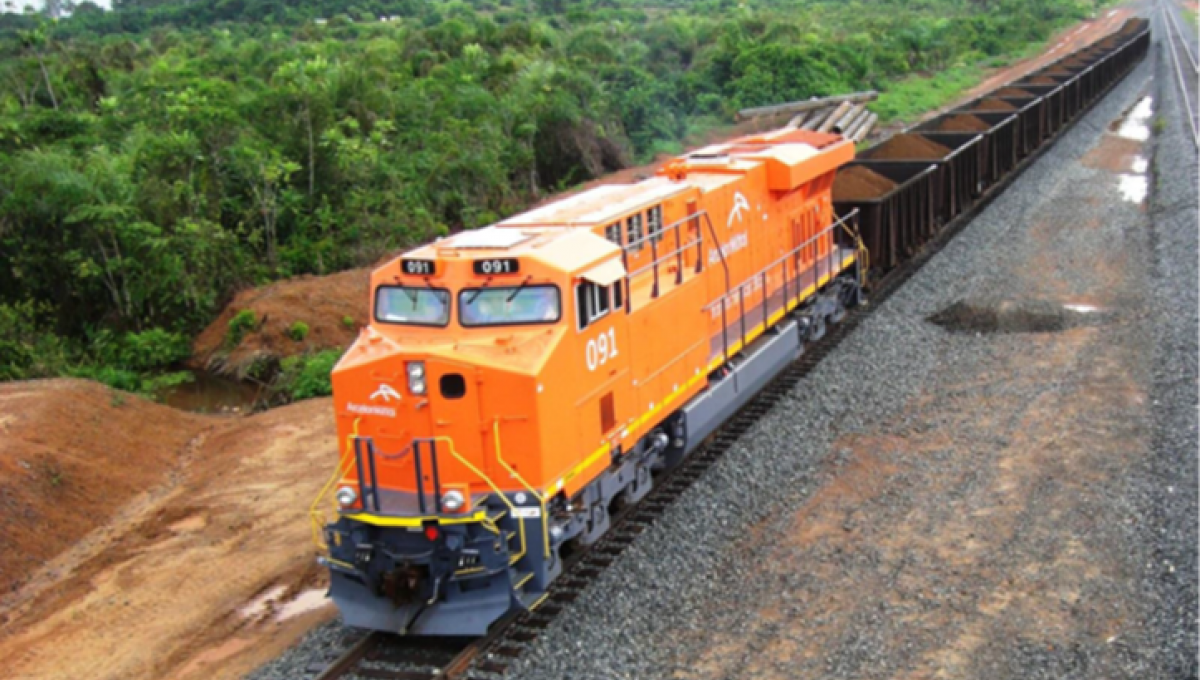Liberia: House Probes ArcelorMittal’s $800M Investment

... For an additional 25-year extension
The House of Representatives has begun probing the amended Mineral Development Agreement between the government and ArcelorMittal Liberia.
The deal is for the extension of AML’s operation in Liberia for another 25 years, which ends on December 31, 2046. However, the amended agreement remains secret and is yet to be seen by the public or the communities affected by the concession.
On November, the 10th-day special sitting, lawmakers forwarded the “AML amendment” through an anonymous “yea” vote to the Committees on Investment and Concession and Judiciary as well as Ways, Means, Finance & Development Planning to report to the August body in two weeks.
The motion was proffered by Rep. Acarous M. Gray of Montserrado County.
In the President’s communication to House Speaker Bhofal Chambers, he said under the third amendment, among other things, ArcelorMittal Liberia Holdings Limited and ArcelorMittal Holdings A.G. will make an US$800 million investment in Liberia, which will provide the government US$55 million within 19 months of ratification.
“It will develop the Yekepa-Buchanan corridor, creating much needed jobs and training for Liberians, as well as direct foreign investment towards Liberian infrastructure,” the President said.
The US$800 million agreement is intended to pave the way for the expansion of the company’s mining and logistics operations and ramp up production of premium iron ore. The expansion projects include the construction of a new concentration plant and the substantial expansion of mining operations, with the first concentrate expected in late 2023, ramping up to 15 million tonnes per annum (mtpa).
Under the agreement, the company will have reservations for expansion for at least up to 30mt. At these expanded levels, these iron ore exports will create a major boost to Liberia’s GDP,” the company added.
AML also stated its commitment to adding significant value to Liberia’s natural resources by building and producing high-quality concentrate ore since the bulk of iron ore found in Liberia cannot be sold without processing. However, the agreement, which was signed in Sept. has been met with rejection from mining communities in Nimba County, where the company operates, over claims that AML failed to live up to its previous amended MDA with the government.
They claimed that the steel giants had alleged failure to make any significant impact in the lives of the people and develop the concession area. For residents of the mining communities, AML is a failure and their presence had not led to any improvement for the concessionaire's 16 years of existence, rather untold sufferings and hardship.
They claimed, among other things, that the company has continually sidelined them in job opportunities, as well as meaningful development; no provision of alternative livelihoods; and failed to rehabilitate community infrastructure; not forgetting the limited provision of quality healthcare delivery systems and quality education.
And the county legislative caucus, which is under immense pressure to reject the agreement, had joined the fray in criticising the company. But it yet to be seen whether they will reject the deal or let it pass without any major changes.
Meanwhile, the MDA between the government and AML had gone through two different amendments on December 28, 2006 and January 23, 2013 respectively. The current one is the third between the two parties, which comes after a series of negotiations “to amend certain provisions of the MDA, giving rise to this third amendment.”
The steel and mining company had initially signed a 25-year agreement with Liberia in 2005. It shipped the first iron ore from its Yekepa mine in 2011. Since the end of a 1989-2003 civil war, the mining, and agriculture potential of Liberia has attracted billions of dollars in resource investments. However, the country’s infrastructure remains underdeveloped and the majority of its 5 million people live in poverty.




